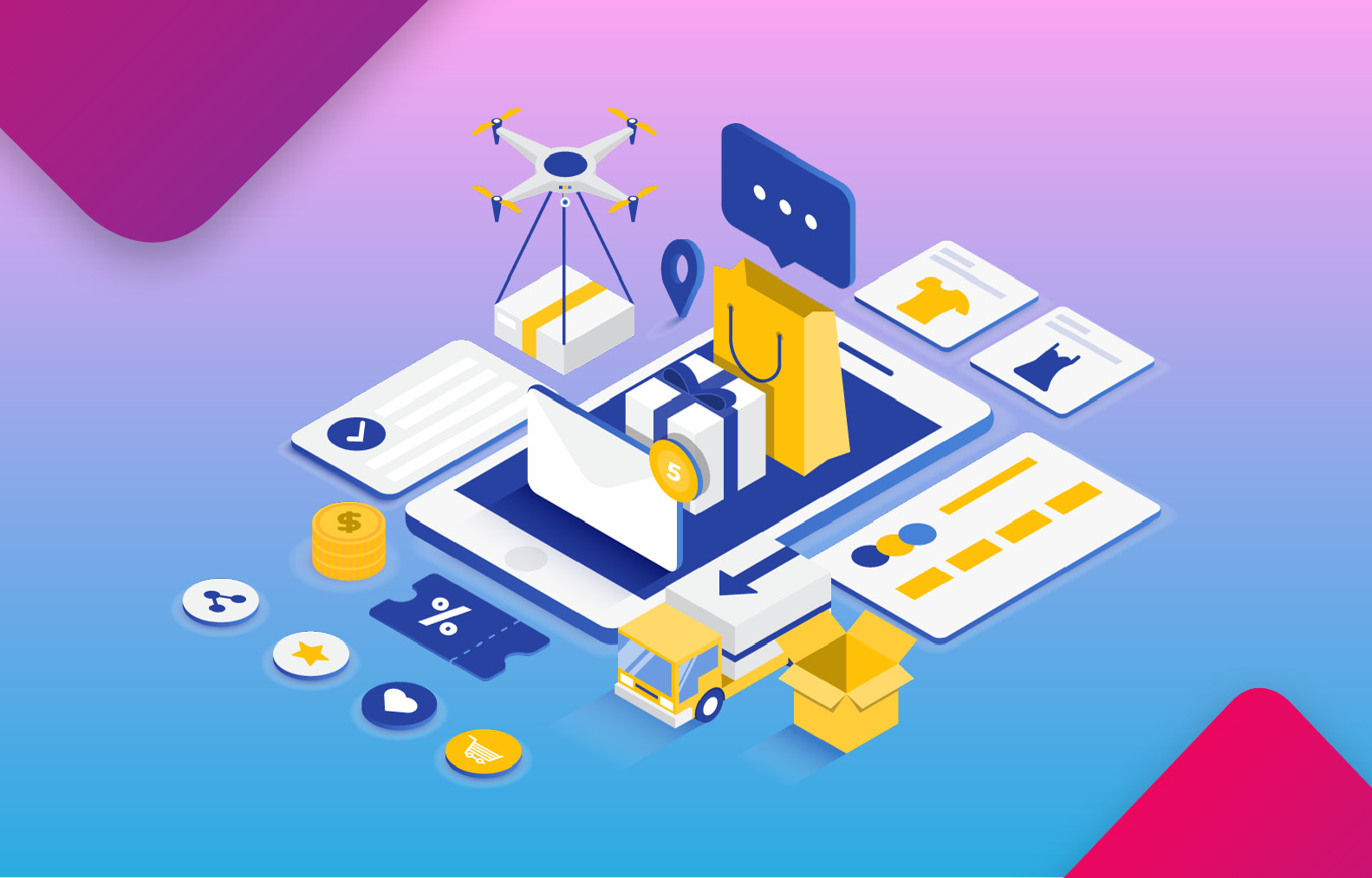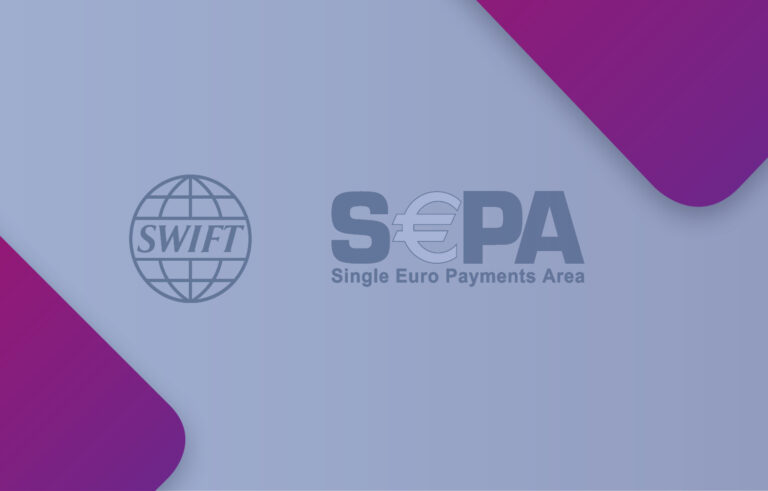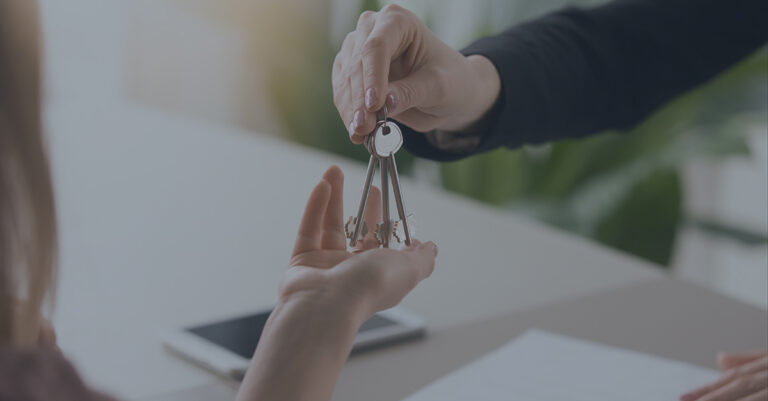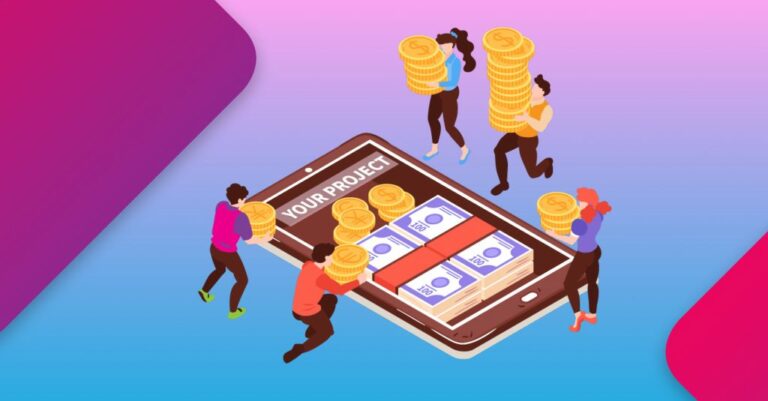
In the past, people only bought physical goods online, but now users engage in financial transactions even with governmental and international entities. And most often, these operations are performed not from a PC at home or in the office, but through mobile applications, which are becoming increasingly safe.
Customers go online without fear
In large and technologically advanced countries, such as Japan, China, India, Australia and even Russia, it has long been considered normal to pay for almost everything, including utilities and medical bills, through mobile applications. Not to mention making a variety of purchases – like buying goods in online stores or even bus tickets in some faraway place. New models of smartphones have applications that make the process much easier, and more and more people are taking advantage of this – not only in Scandinavia, where they will soon abandon cash completely, or super modern Singapore, but even in the not-so-rich countries of Eastern Europe, the EU newcomers.
As for the last point, everything seems to make sense. Very often, when it comes to paying for any service online, the first thing people think of is saving money. And, of course, people think about saving money when they buy goods on large websites or marketplaces. And not to forget the convenience and time-savings of making purchases in these marketplaces as well. The most striking examples are huge marketplaces like Amazon and AliExpress with countless links to websites with thousands of various products from T-shirts to motorcycles, which are manufactured and put up for sale by companies – from tiny to giant.
And now there is a clear trend: more and more people make purchases through e-commerce marketplaces. Although not long ago, many people viewed online shopping, especially when it came to buying something important, with a certain degree of caution. The same attitude was previously common with regard to internet banking, and today even elderly and the most conservative people make almost all their purchases online. Let’s recall: when Internet banks became a mass phenomenon, the phrase was coined: “no paper, no queue”. Today many people have completely forgotten how it was when for making certain payments (for bills or for taxes) they had to go to the post office and fill in various forms.
Trading online
It makes sense that manufacturers of devices, to which a variety of applications are downloaded, have incentive to make the process of payment as convenient and safe as possible. Here we are talking about iPhone and Android systems. The Samsung Pay system is becoming more advanced; Huawei and Xiaomi are developing new and unique programs. Eastern manufacturers are easily competing with their Western counterparts, like Huawei with Apple. Advanced payment wallets are also being created, as, say, in Singapore, WeChat freely competes with almost any Western product.
More and more experts are sure: payment systems provided by mobile applications are good because they can guarantee an additional level of security compared to stationary PCs. For example, Apple Pay is already considered one of the safest in the world when shopping on e-commerce marketplaces, since face and fingerprint recognition systems work well. In the UK, Till Wirth, product manager for the new Government Digital Service (GDS) payments platform known as Gov.uk Pay, said that smartphone payment applications are more convenient and secure, and as a result, the state’s online services are promoted. The UK government anticipates that by the end of the year, payments via Apple Pay and Google Pay will be supported by the National Health Service, local government authorities and the police.
The very concept of a marketplace is expanding. If earlier it was mostly popular consumer goods that were bought in these virtual “trading spaces”, then today you can buy whatever you want there.
Today a marketplace is a sort of universal kiosk where you can buy electronics, food, and, for example, tickets for transport. Once there was a dispute over who would win – the regular brick and mortar store or the online store, but now government departments are coming to the “virtual spaces” with their offers. And with that, security issues around making payments via mobile applications are increasingly relevant.
The choice and guarantee of safety
Two competing US payment applications that have become widespread relatively recently, Google Pay (which came to the UK market at the beginning of 2018) and Apple Pay (started operating in 2015, but was used only for commercial purchases) today are significantly ahead of other competitors.
Here we are talking mainly about the use of biometrics systems – fingerprint and facial recognition. Everything in the program is done quickly and as easily as possible for a user – both when making a regular purchase or a financial transaction with a government agency. For example, today in the UK you can pay for a Registered Traveler Service from a smartphone (the service provides visa support for 90 days); it is easy to get faster entry to the United States via Global Entry; you can easily get a wide variety of visas in the countries of Southeast Asia and Africa via Electronic Visa Waiver Service, and so on. In conservative England, by the end of 2019, it will be possible to pay municipal bills, for example, for cleaning and garbage collection, for electricity and water, for services from medical institutions and so on – via mobile applications.
The concept of the marketplace is also being expanded by banks coming to virtual platforms with their services. For example, the Singapore Bank United Overseas Bank has launched an online utility service. Users can choose the most cost-efficient among a dozen service providers and intermediaries for utilities payments.
Remember the post office or bank’s office? A customer used to choose the latter or the former based on how convenient the process was and how big the commission for utility bills payments was. Today we open a website and choose the one with better service and price. Moreover, the developers of the service United Overseas Bank argue that users can choose the lowest rates and save a significant amount every month. Note that in Singapore, on average, about 10% of monthly expenses are for utilities.
Here we talked mainly about the advanced systems that are moving forward in Singapore or the UK. But the line of online services is becoming longer, and it is happening in many countries that were considered so conservative before that they were extremely reluctant to accept the virtual world with all its services. The successes and convenience of e-commerce are finally being noticed by the governments of a growing number of countries – and this, of course, is reason to rejoice.






